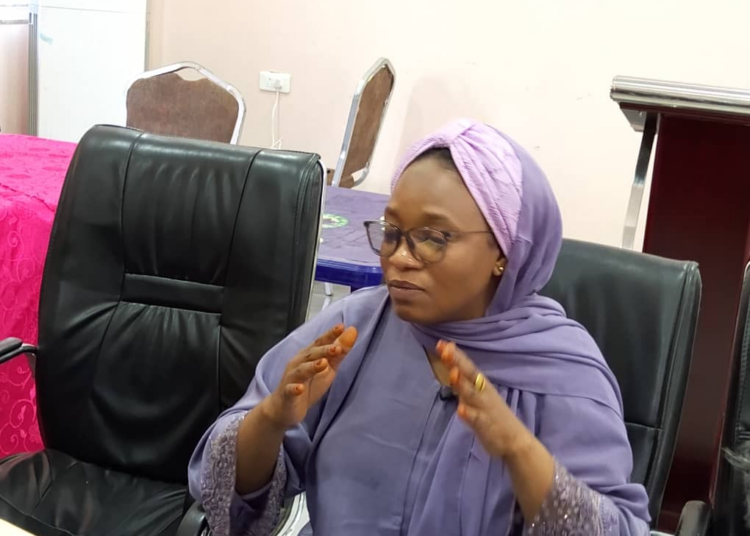The Bauchi State Government has received $5million out of the $8 million assigned for the implementation of Adolescent Girls Initiatives for Learning and Empowerment (AGILE) project in the state.
This was revealed by the State’s Commissioner of Education, Dr. Jamila Mohammed Dahiru, at the first quarterly meeting of the State Steering Committee of the project in Bauchi on Thursday.
She reaffirmed the state government’s commitment towards proper utilisation of the funds to achieve the set objectives to improve secondary education opportunities among girls in Bauchi State.
According to her, the AGILE project is a comprehensive approach to address critical constraints that adolescent girls face which limit their ability to complete secondary school, which are gender-based violence, insecurity, proximity and poor conducive learning environment, among others
She noted that AGILE project targeted beneficiaries are adolescent girls between the ages of 10 and 20.
According to her, the three components workplan by the Bauchi State Ministry of Education in collaboration with Adolescent Girls Initiative for Learning and Empowerment (AGILE-AF) project was about to commence implementation across the state.
The 18-month World Bank sponsored project will see the construction of 42 new schools, 21 each for junior and senior secondary schools, to be shared across the 20 local government areas of the state, with each benefitting from the new construction.
Mrs Dahiru, who is also chairperson of the project, gave the three components of the workplan as improvement of a safe learning environment, improved enrollment allocation, and system strengthening.
She further explained the provision of the second component which, according to her, includes school’s improvement plan base on enrollment allocation, stressing “This is more of a grant or a kind of support given to schools so that they can take off their own project, something that they believe is key important to implement in their schools.”
Under this arrangement, the commissioner said each and every school will have a development plan based on enrollment or the number of students it has, revealing schools with more than 200 students population will receive $15,000.
“Schools with 300 – 500 students will receive $30,000 for them to implement a project that will improve on their school condition, it can be provision of WASH facilities, it can be provision of fencing the school, it can be renovation of classrooms or building of additional classrooms or laboratory, among others.
“Last is the component of system strengthening to improve on the management of the education sector, from the ministry of education, SUBEB and any other agency or department that we want them to improve on their delivery of service, and so it is going to have of training.
“There is also the provision of facilities in terms of education management of the information system, in terms of training of SPIU members, and monitoring and evaluation of the whole project itself.
“Digital literacy which is one of the components of 1 & 2. Here, we are going to equip our schools, 120 schools will benefit from establishment of ICT hubs, increasing the number of ICT hubs, and training of more than 200 teachers for the first tranche and training of about 2,000 plus students for the first tranche.
“I also forgot to mention one critical aspect, which is conditional cash transfer. Because of the peculiarity of the girl-child, some of the factors hindering them from going back to school, transiting or completing school is the kind of incentive that is given to the girl-child
“We have already marked a total of 20,000 students that would benefit from a grant, special token and this will be given to them based on their attendance in school. Any child transitioning from primary one to primary six will be beneficiary of the grant of N10,000 to encourage them to buy school uniforms or some books that will encourage them to go to school,” she said.
The Commissioner concluded, “And same for transition from JSS 3 to SS 1 and is N15,000 for the SSS. We have already received the first tranche of payment for the funding and we are now going into the implementation stage.”
She also tasked the committee to work based on the terms and references of the AGILE for proper adoption of approved workplans in the state.
In his presentation of 2024 approved workplan, the state’s coordinator of the AGILE project, Alhaji Ali Sule Gar, explained the three components of the program to the committee for deliberation which included creating safe and accessible learning space, construction of new classrooms and rehabilitation of dilapidated as well as provision of teaching materials, among others.











